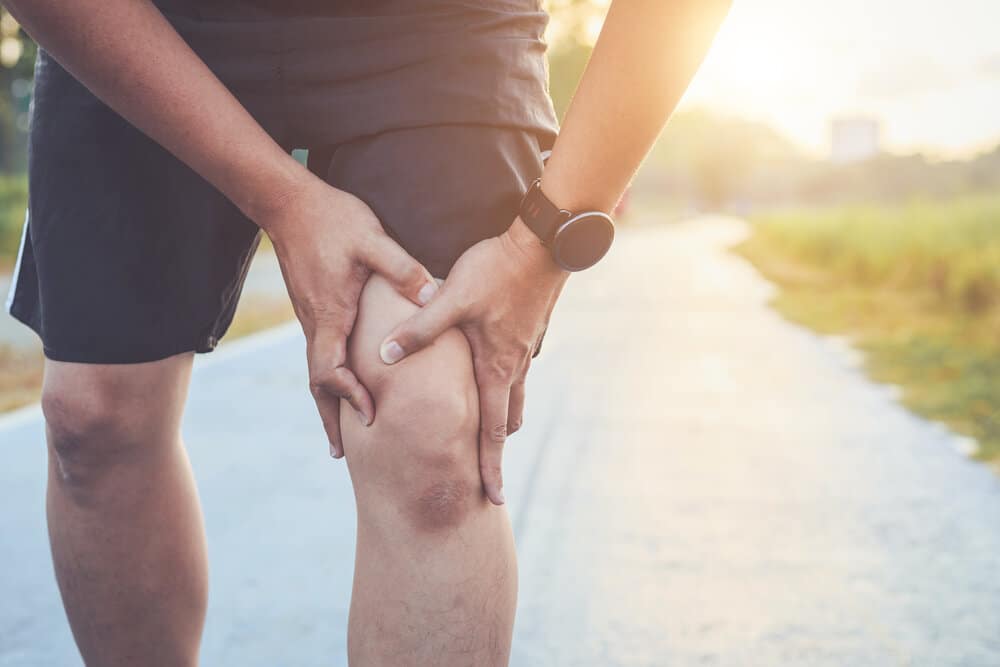By David Saunders, Health Editor | UPDATED: 08:28, 27 May 2020
An estimated 700,000 patients have had hip and knee surgery postponed for at least three months as medical resources are redirected to fight against the COVID-19 pandemic.
For patients, this will lead to prolonged pain and discomfort of existing conditions and leave them vulnerable to further injuries and illnesses, which includes COVID-19.
At present is unclear when elective surgery will be resumed and even when it does return it will be heavily reduced and additional steps to ensure patient and staff safety will decrease capacity and add to longer waiting lists.
For those who are struggling to manage hip and knee pain, Dr. Axel Sylvan, doctor and co-founder of a new free digital patient tool, Jointschool.app, has shared his top tips.
Creating a daily routine of tasks and activities can help to shape and maintain positive habits to improve overall health and wellbeing as well as hip and knee symptoms.
-
Manage pain – don’t just rely on medication; taking regular, gentle exercise and applying either heat or cold, such as with a bag of frozen peas in a tea towel, can help to ease painful joints and support the effect of your prescribed painkillers.
-
Keep positive – relaxation techniques such as deep-breathing exercises, positive affirmations and picturing yourself pain-free and doing something you love, can also help to control persistent pain.
-
Sleep well – getting a good night’s sleep can make pain and other symptoms easier to manage. If sleep is not coming easily, practicing good ‘sleep hygiene’ can help. This includes going to bed and getting up at similar times and avoiding bright lights and digital screens late at night.
-
Set goals – tracking progress towards clear and meaningful goals can help to gain a sense of control over pain and other symptoms.
-
Keep in touch – taking a few minutes to check-in with family and friends can be a great way to boost mood and find both emotional and practical support. Stay in touch with your medical practitioner and their team if you have any concerns.
-
Eat healthily – following a nutritious, well-balanced diet will support your joints and your overall health. Safe and sustainable weight loss can be achieved by making a few small and lasting changes to your diet and daily activities.
Joint School was developed as a digital version of some of the normal orthopaedic services that have been disrupted due to COVID-19 to help people living with hip and knee pain manage their symptoms, and relieve pressure on the NHS. The app was founded by Mr. Thomas Harte and Dr. Axel Sylvan, co-founders of the myrecovery app.
This app helps patients track their exercises, symptoms and overall progress, which they can then use this information to inform discussions with their surgeon to make informed decisions about their treatment options. Joint School is supported by leading orthopaedic surgeons from around the UK, including Mr. Rahul Patel, Senior Knee Surgeon at University College Hospital in London.
The Joint School app and the online live classes aim to highlight and encourage the positive daily activities that can help to support, empower and give a sense of taking back control over pain and other symptoms.
Jointschool.app is available now on iOS and Android via https://www.jointschool.app/





